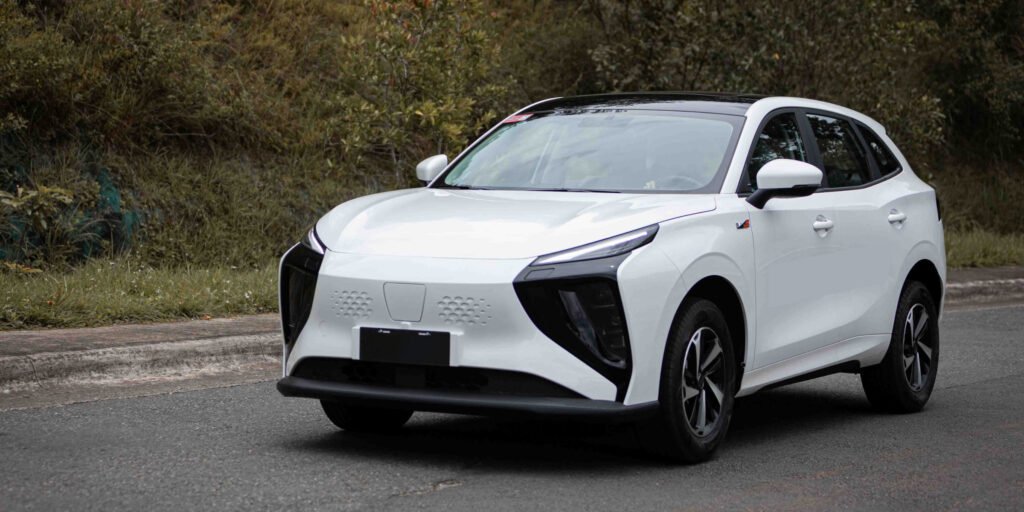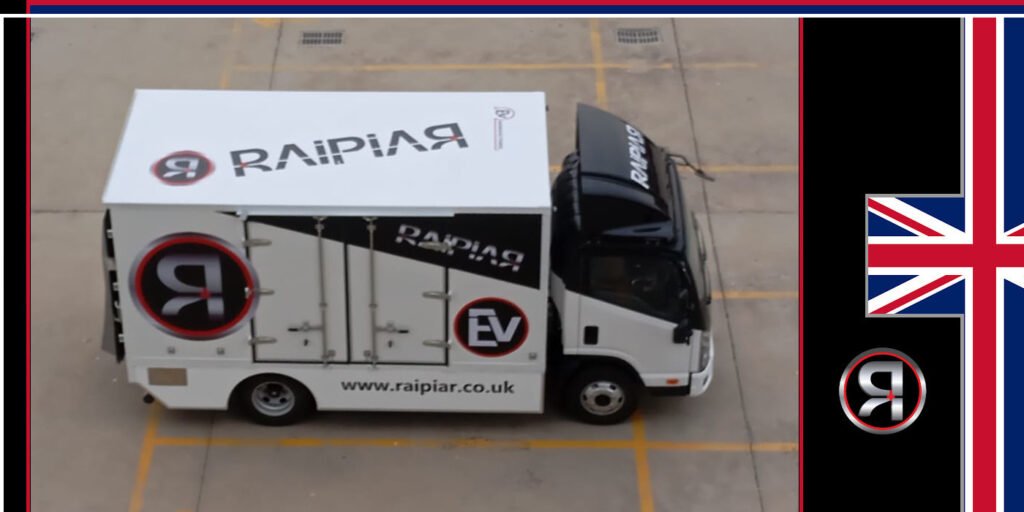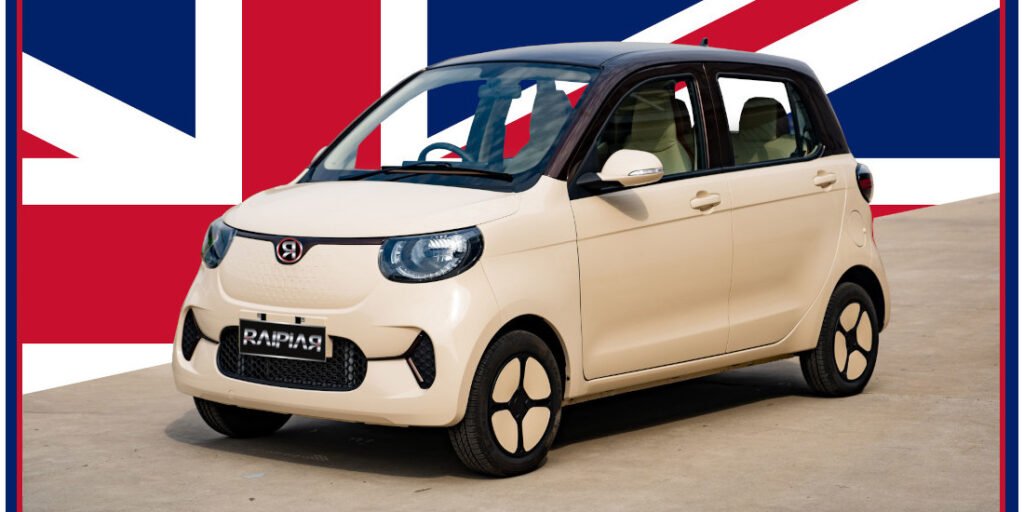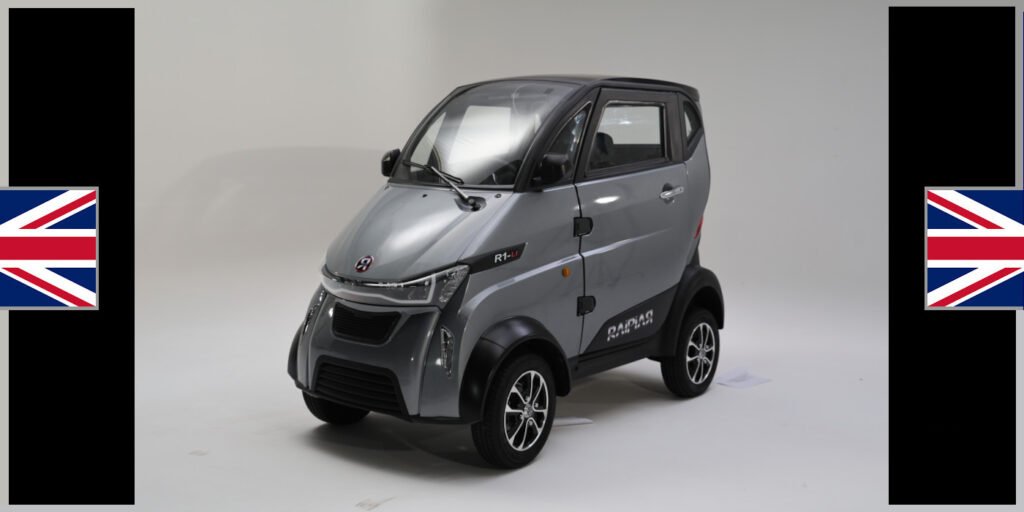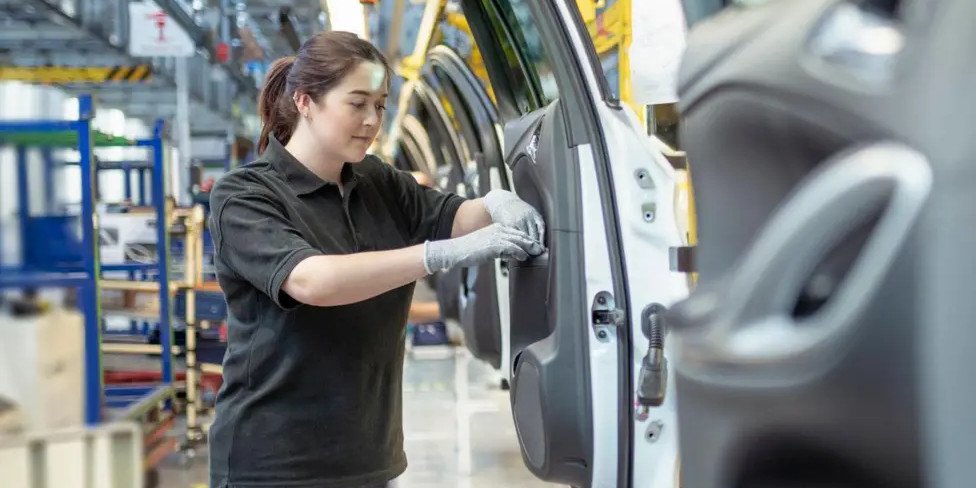
The UK government has announced it will ease electric vehicle (EV) sales targets, all in response to the 25% tariffs the US has slapped on car imports. The move aims to help the UK’s car industry stay competitive as the new trade rules start to take hold.
Now, while the ban on new petrol and diesel cars is still set to go ahead in 2030, carmakers will have more leeway with the annual targets they need to hit — and face smaller fines if they fall short.
Transport Secretary Heidi Alexander appeared on BBC Breakfast, acknowledging that these changes aren’t a “silver bullet,” but she said it’s part of a broader effort to manage the fallout from the US tariffs.
The tariffs, introduced last week by US President Donald Trump, have already begun to affect UK car exports. The US is a key market for the UK, and these new levies on cars could make it harder for manufacturers to sell there.
On top of the 25% levy on car exports, a separate 10% tax on nearly all UK goods was also announced — another hit to UK businesses trying to keep up with American trade demands.
Originally, a consultation on the EV target changes wrapped up in mid-February, but the government has fast-tracked the process in light of the tariffs.
In response, the government claims it worked closely with UK car manufacturers to make sure they could meet their carbon targets, but also to introduce “practical reforms” to keep the industry moving forward.

Under the old plan, 28% of new cars sold in the UK this year had to be electric, and that number was set to rise each year until 2030. Now, manufacturers have more freedom in how they meet those targets — meaning if they don’t hit the mark in one year, they can make up the difference the next.
The fine for missing the targets — which was £15,000 per vehicle — will also be reduced to £12,000.
The government also confirmed that hybrid cars, which combine a petrol or diesel engine with an electric motor, will be banned from sale from 2035.
Smaller manufacturers, like Aston Martin and McLaren, will be allowed to keep selling petrol-powered cars beyond 2030, giving them more time to adjust to the shift.
Meanwhile, Prime Minister Sir Keir Starmer announced that the government would put £2.3bn towards tax breaks for people buying electric cars and improving charging infrastructure — a move that had already been flagged in last October’s Budget.
The previous Conservative government had already pushed the deadline for phasing out petrol and diesel cars to 2035, but Labour’s 2024 election manifesto promised to restore the original 2030 target. The government’s recent changes were framed as an effort to balance the demands of industry with environmental goals.

Car industry leaders have warned that people just aren’t switching to electric vehicles quickly enough, mainly due to the high costs and limited charging infrastructure.
Sir Keir argued that the government’s new measures would “boost growth” and help “home-grown firms” export cars worldwide.
But others are less convinced. Mike Hawes, CEO of the Society of Motor Manufacturers and Traders, welcomed the changes, calling them “very much needed.” On the other hand, Robert Forrester, CEO of car dealership chain Vertu Motors, said the government was “tinkering” and that the real issues hadn’t been addressed. Despite the fine reduction, manufacturers are still facing billions in penalties.
Labour and other opposition parties also criticized the move. Shadow business secretary Andrew Griffith called it “half-baked,” and the Liberal Democrats said the changes wouldn’t be enough to protect the industry from the impact of the US tariffs.
The US remains the second-largest export market for the UK’s car industry, after the European Union. Jaguar Land Rover, based in Coventry, announced over the weekend that it would pause all shipments to the US in April to deal with the new tariffs.
So, while the government is adjusting its targets to help the car industry, it’s clear that challenges are still ahead. Whether these changes will be enough to weather the storm remains to be seen.
